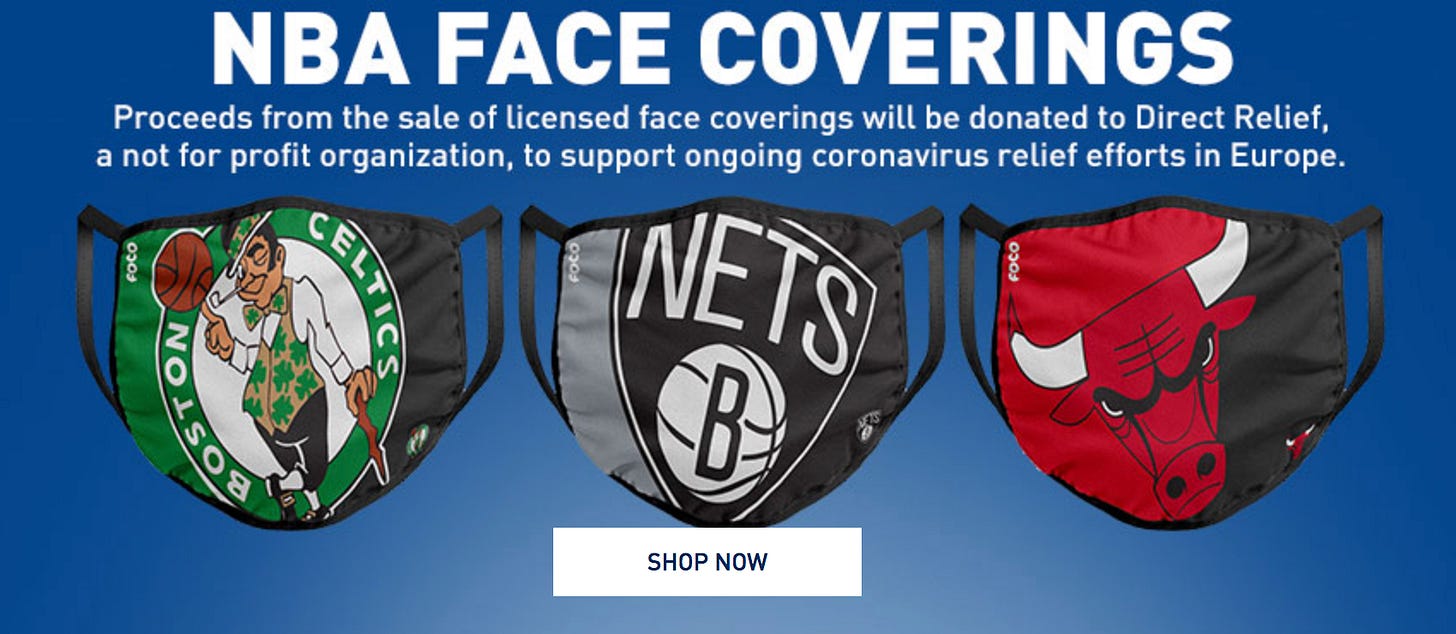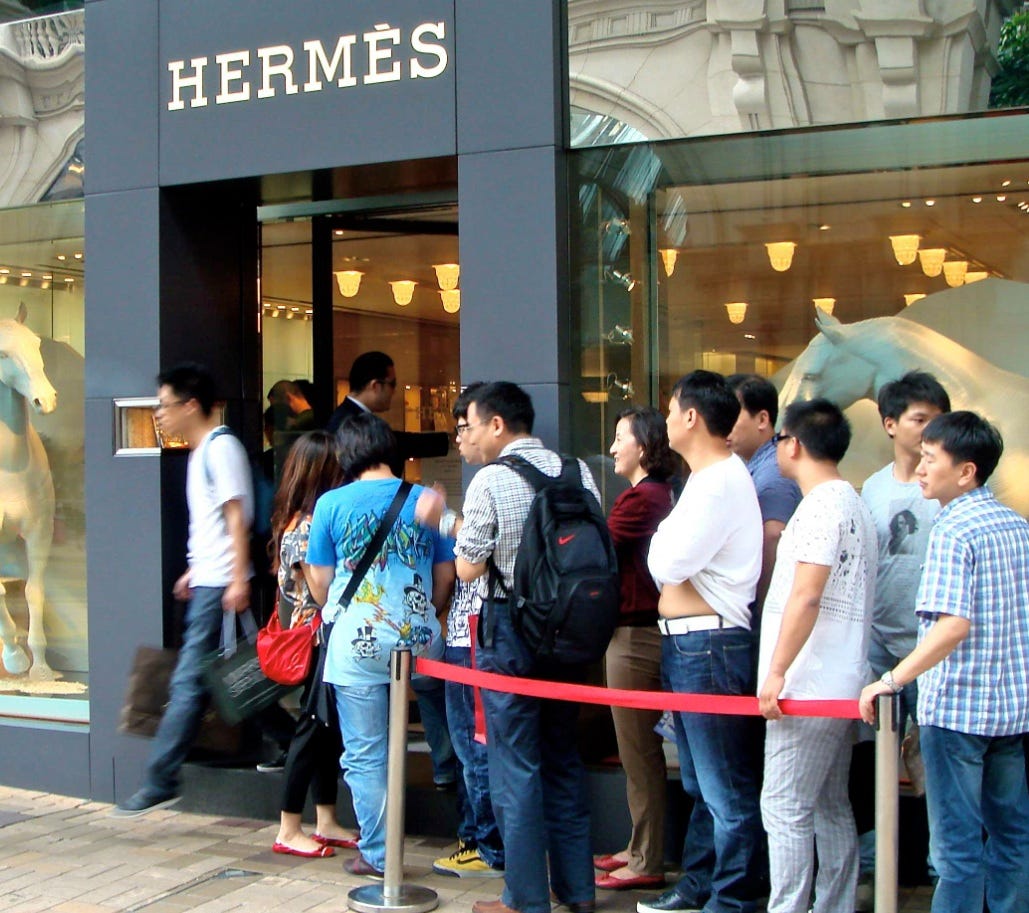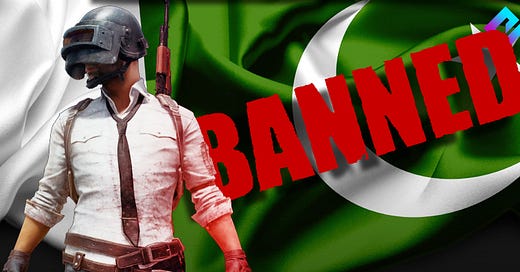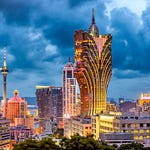Welcome to East West Hurricane! 🌪
We update you on the most essential news from Asia in tech, media, and business—the things you need to know that you probably haven’t heard in Western media.
Follow us on Twitter and Instagram! ⚡️
Pakistan Bans Bigo Live and PUBG, Warns TikTok 🇵🇰
The increasingly tense relationship between politics and technology is revealing itself in other countries. Pakistan, a country of over 200 Million people that borders India, China, Afghanistan, and Iran, has recently banned the Singapore-based mobile video livestreaming app Bigo Live. The Pakistani government has accused Bigo Live of hosting “immoral, obscene, and vulgar content” on their app that could have “extremely negative effects on the society in general and youth in particular.” For similar reasons, the Pakistani government has also banned Player Unknown’s Battle Grounds, better known as PUBG, which is one of the most popular games in the world. These moves have faced criticism from internet rights groups in Pakistan.

Before getting banned, Bigo Live was developing a strong following with Pakistan’s youth. Over 60% of Pakistan’s population is under the age of 30, which makes issues of youth content consumption a priority for the country. The Pakistani government has also publicly mentioned that TikTok is another mobile app they are considering banning for offensive content. In 2016, Pakistan’s parliament passed the Pakistan Electronic Crimes Act (PECA) and has since banned hundreds of thousands of websites in the country, including YouTube.
Branded NBA Masks Sold Across Asia 🎭
When the coronavirus started spreading, there was a huge move to manufacture more face masks and other types of personal protective equipment (PPE). Dozens of manufacturers sprung up overnight, especially in Asia, which caused many governments to quickly set up new regulations to deal with these fly-by-night manufacturers. As the global market for face masks has stabilised over the last couple of months, you are starting to see everyone from small startup brands to designer face masks from luxury fashion brands. The sports industry has also started creating their own branded masks.

The NBA has recently launched their officially licensed branded team face masks for the Asia-Pacific region. All proceeds from mask sales will be going to charitable organisations supporting Covid relief efforts. Asia is the fastest growing region for the NBA and is also the region that has the most cultural acceptance of face masks. If the NBA can double down on selling face masks in Asia, their most important international region, it could lead to the expansion of new Asia-specific product lines and initiatives.
‘Trapped’ Chinese Luxury Buyers 💎
Chinese buyers make up around one third of the global luxury market, spending $111 Billion a year on luxury goods. Nearly two-thirds of that luxury shopping happens overseas, however, when Chinese buyers are visiting other countries. So with the coronavirus preventing millions of Chinese people from traveling, not only does the travel industry suffer, but the global luxury industry suffers.
As an alternative, the second-hand luxury market in China has been increasing, while also coping with challenges around counterfeit goods. At their annual 618 sales festival this year, JD.com saw a 138% increase in year-over-year second-hand luxury sales.

Big luxury brands are also planning to expand their range of domestic physical stores in China. Bain & Co. estimates that the percentage of Chinese luxury buying that happens domestically will increase from 30% in 2019 to 50% in 2025. Another trend has also been spotted by the luxury industry - brands like Louis Vuitton, Prada, and Balenciaga are leveraging the rise of Chinese e-commerce livestreaming and creating their own virtual storefronts and first ever livestreams this year. While the coronavirus is forcing retail to move from offline to online, perhaps luxury buying around Asia will be forced to move from international to domestic.















Share this post